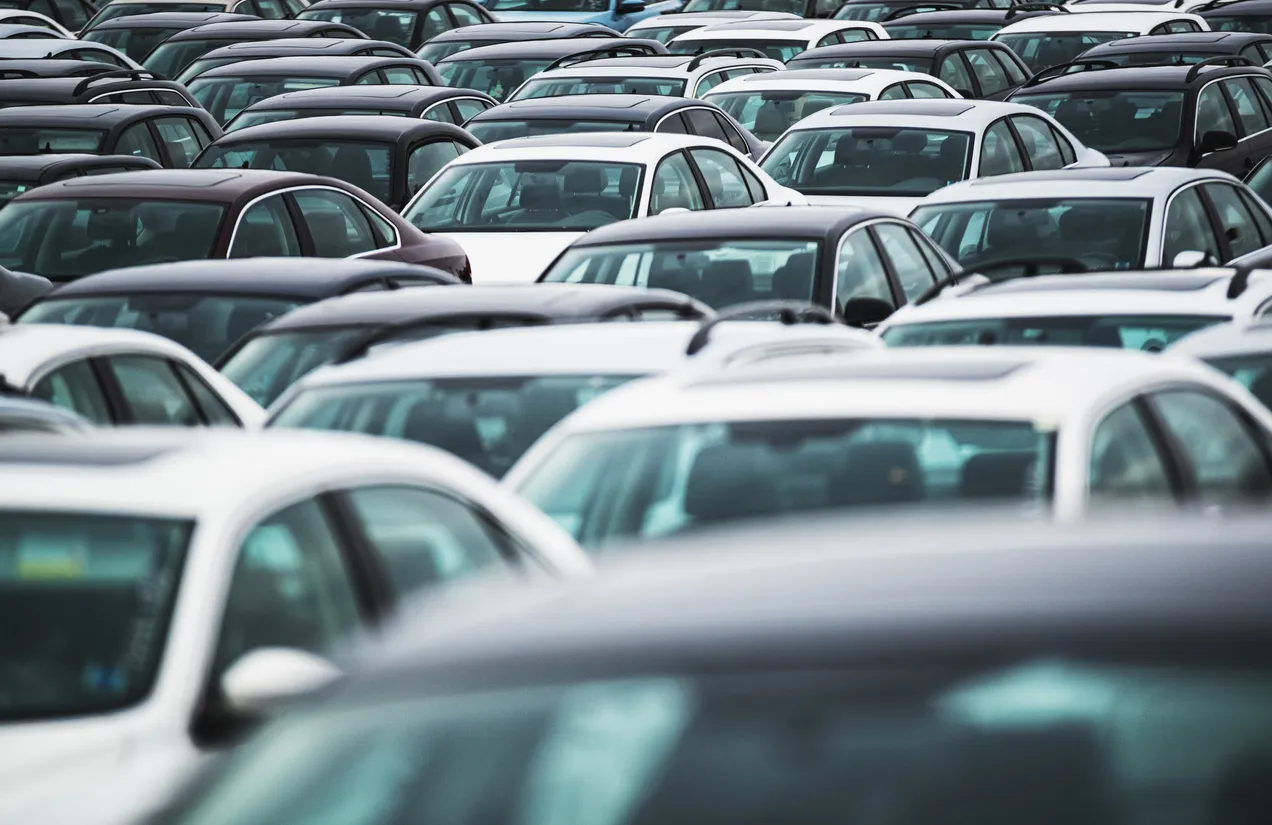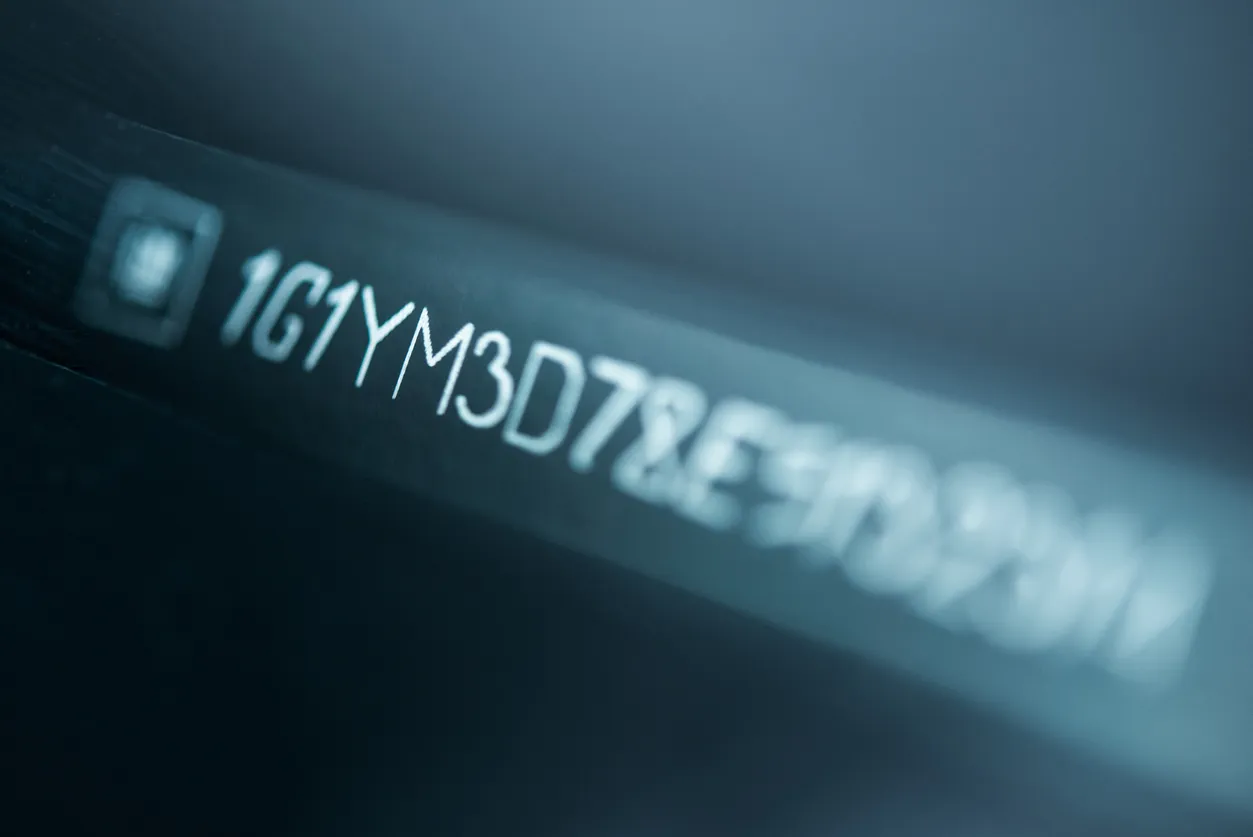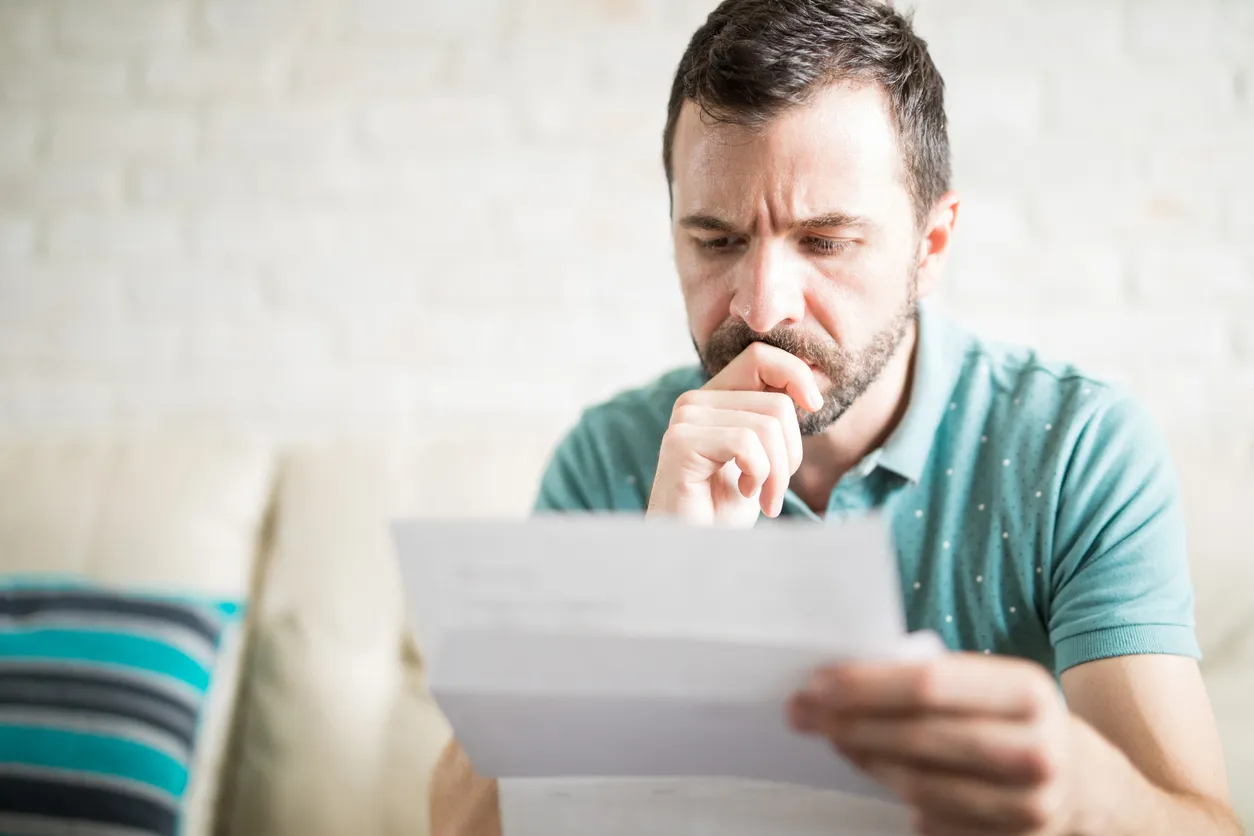Does Your Car Have a Recall? Car Recall Check Guide

Safety recalls are put out for vehicles all the time. A recall is a notice that goes out to all vehicle owners, informing them their vehicle has a safety issue that should be addressed. Recalls are initiated by the NHTSA (National Highway Traffic Safety Administration). This organization is responsible for making sure vehicles, car seats, and other vehicle-related products are safe for use. Recalls can be for minor issues that should be taken care of and also for life-threatening issues that must be repaired as soon as possible.
Either way, if you receive a recall for your vehicle, you should bring it to your local dealership to have the problem resolved as soon as possible. Sometimes you will receive news of a recall in the mail, or you'll see something about it on the news, but many times you will have to look the information up yourself. That's why it's important to know how to look up recalls for your vehicle and how to get these safety issues addressed so you can remain safe behind the wheel of your car.
How Does a Recall Start?
Car recalls begin with user complaints. If many users are complaining about the same issues with a vehicle, the NHTSA will investigate the vehicle to see if it's violating any safety regulations. If the vehicle is deemed to be unsafe to drive for any reason, a recall is initiated and sent out to all the vehicle owners, informing them about the problem. Once it's decided that a vehicle should have a recall for some reason, the auto manufacturer is responsible for making the necessary repairs to each vehicle to make them safe to operate once again.
How to Locate Your Car's VIN
If you want to check to see if your vehicle has a current recall, it's a simple task to complete if you have the VIN. The VIN or vehicle identification number is a unique identifier for your car. With that number, you can immediately determine whether you have active recalls to worry about or not, but first, you have to find the number.
To locate a VIN, you can check in one of two spots on your vehicle. Start by looking at the driver's side windshield from the outside of the car. The number should be visible near the bottom of the windshield on that side. Take a photo or write the number down to conduct your search. You can also usually find the number on the driver's side door somewhere. It's often located on the jamb of the door.

Another spot you can locate the VIN is the title of the vehicle. If you have the title available, you can quickly look up the number on it. Check one of these different locations and note the VIN for use, looking up recall information for your vehicle.
How to Perform a Car Recall Lookup
Whether you purchase a new car or you have a used vehicle, there may be recalls open for your vehicle. Performing a quick car recall check is the most effective way to find out about recalls and resolve them. All you have to is visit the GoodCar recall page and input your VIN to do an immediate recall check. You'll be presented with any open recalls for your vehicle after inputting this information.
What To Do If you Receive a Recall Notice in the Mail
In many recall cases, you'll receive a notice from your carmaker informing you that your vehicle has an open recall that should be taken care of. Read the notice carefully to learn what the issue is and how it can be addressed.
There are three types of recalls that can affect your vehicle. One is a warranty extending recall. Another is a non-safety related recall, which means that it affects something that affects the cosmetic parts of the vehicle or does not affect the safety of using the vehicle. Many of these recalls are voluntary. The final, and most important type of recall is a safety recall. These are when issues arise that could result in injury or death if not corrected.
Once you receive a notice from the automaker, you can immediately call your local dealership and schedule a time for the recall to be repaired. Often recalls can be addressed with simple part upgrades and replacements. Talk with your local dealership as soon as you receive a notice informing you of a recall and get the issue resolved before it causes you problems.

Do You Have to Pay for a Recall Repair?
If your vehicle has a recall on it, you don't have to worry about covering the costs of the repair so long as it is safety related. According to an NHTSA investigation, your vehicle wasn't made properly, and it's the responsibility of the manufacturer to resolve the issue. That means you can bring your vehicle to a dealership for your vehicle and have the issue addressed for free. If you know about a recall, call your local dealership and schedule an appointment for your recall.
Bring your vehicle to the dealership at your appointment time, and the safety recall repair will be completed for you. Automakers are required to resolve any safety recall issues on your vehicle. If anyone asks for money for a recall repair related to the safety of your vehicle, do not pay for it. If you already made the repair before the recall came out, you can get reimbursed for it from most dealerships.
Should Recalls Factor into an Auto Purchase
There are many different factors that help you determine whether you should purchase a vehicle or not. The number of recalls in a vehicle should be one of those factors. Vehicles with a large number of recalls likely weren't made as well or didn't go through as extensive of a quality control process as the other vehicles did.
While you can have any recall fixed by a local dealership, many recalls could indicate there are other safety issues with the vehicle that haven't been located or addressed yet. With that being said, a vehicle with several recalls isn't necessarily a bad vehicle. Regular recalls could also indicate that a manufacturer cares about a vehicle and that the issues are being addressed regularly to keep the vehicle healthy and protect its owners. Along with investigating recalls, you should also learn about a specific vehicle's history before you purchase it if you're getting a used car.
Look up the car history report for the vehicle and learn about the vehicle's life before you. Along with looking at its history, you can learn even more by test-driving a car and inspecting things like the oil and coolant to see if it appears like the vehicle was maintained properly. Choosing a reliable vehicle is a difficult task that requires substantial research, and potential vehicle recalls are just one part of the equation.
FREE Vehicle Search
- Accidents
- Problem Checks
- Title Records
- Recalls
- Values
- Specs
-
InfoPay, Inc. (dba GoodCar) is an Approved NMVTIS Data Provider
-
-

















































